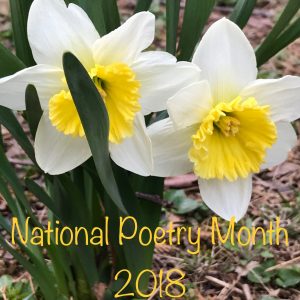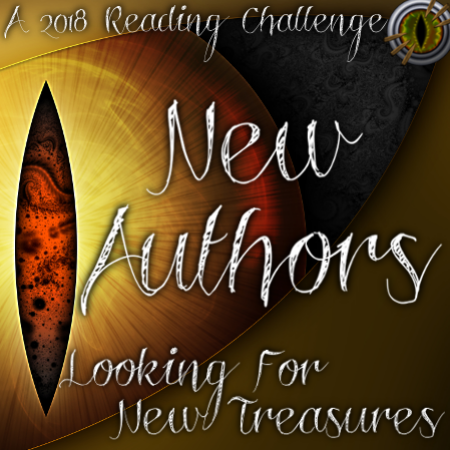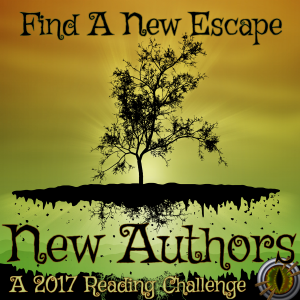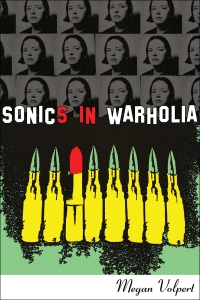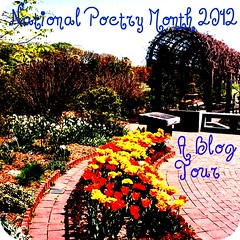Source: Purchased
Paperback, 108 pgs.
I am an Amazon Affiliate
Ache by Joseph Ross, one of the readers at the fourth DiVerse Gaithersburg Poetry Reading, is a collection that will gnaw, get under the skin, and force readers to review the world around them through new eyes. Whether taking on the persona of Nelson Mandela or John Coltrane, Ross has a knack for demonstrating the persistent, dull pain alive in this country and throughout the world. It is not just the pain of racial bias, but also the pain of immigrants searching for better lives and crossing hell to get there.
from "Nelson Mandela Burns His Passbook, 1952" You thought you might eat its ashes for dinner. The blue flame, tiny and cautious at first, crawled up the paper like a well-dressed thief, about to steal what is already his.
Ross demonstrates a deep empathy with his subjects and begs readers to understand the point of view of others, even if they are vastly different from their own. He pinpoints the absurdity of violence that erupts from fear and the lasting ache it leaves behind for not only mothers and siblings, but for those yet to come into being. The history of their lives informs our present, and should be remembered.
from "When Your Word Is a Match" When your word is a match- head, hissing into flame, testifying aloud but blown out as soon as you speak.
Ross leaves readers with powerful images that speak for historical figures, those lynched in Birmingham or bombed in a church or even those who merely followed their dreams to make music. Listen. Can’t you just hear the Coltrane in these lines:
from "On John Coltrane's 'Lush Life'" A saxophone needs supple, lush. When human breath swims through its golden canyons it sings only if the player bends.
Ache by Joseph Ross is a balancing of both sides of ache — a deep-seated, persistent pain — running through the country’s past, present, and future. Unless, we’re able to absorb the beauty around us, forget the misconceptions we use as shields for poor decisions, and move forward and “believe everyone/deserves forgiveness.” (pg. 89, “For the Graffiti Artist Whose Tag Covered the Last Cool ‘Disco’ Dan Tag in Washington, D.C.”)
RATING: Cinquain
About the Poet:
Joseph Ross is the author of three books of poetry Ache (2017), Gospel of Dust (2013), and Meeting Bone Man (2012). His poetry has appeared in a wide variety of publications including The Los Angeles Times, The Southern Quarterly, Xavier Review, Poet Lore, Tidal Basin Review, Beltway Poetry Quarterly, and Sojourners. His work appears in many anthologies including Collective Brightness, Poetic Voices without Borders 1 and 2, Full Moon on K Street, and Come Together; Imagine Peace. He recently served as the 23rd Poet-in-Residence for the Howard County Poetry and Literature Society, just outside Washington, D.C. He is a six-time Pushcart Prize nominee and his poem “If Mamie Till Was the Mother of God” won the 2012 Pratt Library/Little Patuxent Review Poetry Prize.
